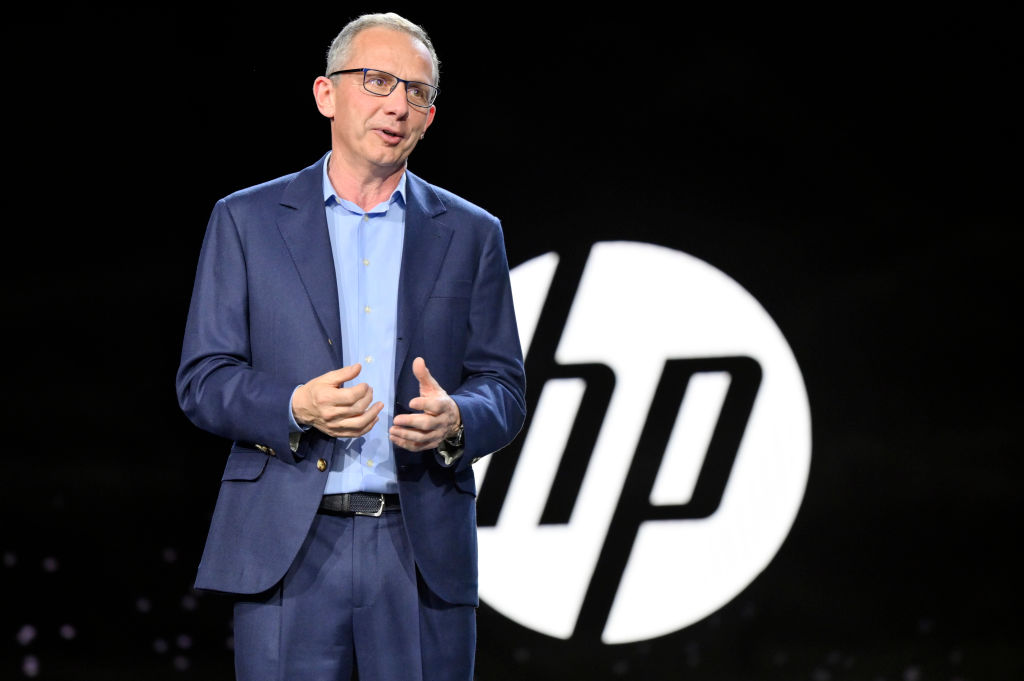 By Yi-Wyn Yen
By Yi-Wyn Yen
All those years playing the video game Madden NFL has paid off for Electronic Arts CEO John Riccitiello. To succeed in the video game industry, Riccitiello suggests taking a playbook from the popular sports game. Learning to react quickly, trusting his team, and admitting defeat are some of the lessons he’s applying to EA’s (ERTS) new strategy.
Riccitiello is shifting the focus of the company from publishing licensed video games to making its own titles. Earlier this month EA acquired independent developers, Pandemic Studios and BioWare, for $860 million to bulk up its library of original, high-quality games.
Madden NFL’s game-play has also been valuable to surviving in the gaming business. During a recent gathering at Berkeley Haas School of Business, Riccitiello talked about four lessons he’s learned since he joined EA as President in 1997.
Embrace change even if it costs a lot. A half century ago the three major networks — ABC, CBS, and NBC — were so dominant that they resisted change. Thirty years ago the three networks had more than 90 percent of the television market. Today, the big three account for less than half. “They were extremely arrogant,” Riccitiello says. “They viewed the rise of cable as being insignificant.
Riccitiello says the $31 billion gaming industry will suffer if it doesn’t start to reevaluate its business model. Game executives at Sony (SNE), Microsoft (MSFT) and Activision (ATVI) must answer some tough questions in the coming years, like how long they can expect consumers to pay $59 for a video game. Riccitiello predicts the model will be obsolete in the next decade.
“In the next five years, we’re all going to have to deal with this. In China, they’re giving games away for free,” he says. “People who benefit from the current model will need to embrace a new revenue model, or wait for others to disrupt.” As more publishers transition to making games for online distribution, Riccitiello says he expects EA will experiment with different pricing models.
Don’t let detractors define you. Riccitiello blames the media for characterizing video games as more violent than images shown on cable TV on a typical Sunday night. He compared video clips of violent scenes from Kill Bill, CSI and 24 to games like Gears of War, Halo 3 and Grand Theft Auto. “Our industry is exceptionally well-controlled. Every game gets rated” by the Entertainment Software Review Board, he says. “The desire by the media to censor games amazes me.”
Admit your mistakes. Riccitiello concedes he failed to turn premium online-gaming service EA.com into an industry-changing product in 1999. The site launched an interactive spy thriller game in 2001 called Majestic, which featured rich, dazzling graphics that were accessed over agonizing slow dial-up modems. “It was a great idea, but it was way ahead of its time,” he says. “We spent several hundreds of millions and frankly, when it failed it took a little bit of me with it. EA’s investors weren’t going to wait five years to see it right. I had to admit my mistake and move on.”
Put your trust in visionary people. The failure of Majestic didn’t stop Riccitiello from putting faith in EA vice president Neil Young, who created the game. Shortly after, Young negotiated a deal to make the Lord of the Rings franchise, which has brought in $725 million in sales since 2004.
Riccitiello is also banking heavily on two innovators to launch big first-party games. Will Wright, the creator of Sims, is working on his highly-anticipated followup, Spore, which is expected in early 2008. And Alex Ward, a game developer who believes crashing cars can be more fun than driving fast, will release EA’s Burnout Paradise in January 2008. Says Riccitiello, “I met Alex in an English pub, and I made a judgment that he’s going to be a mega hit.”











